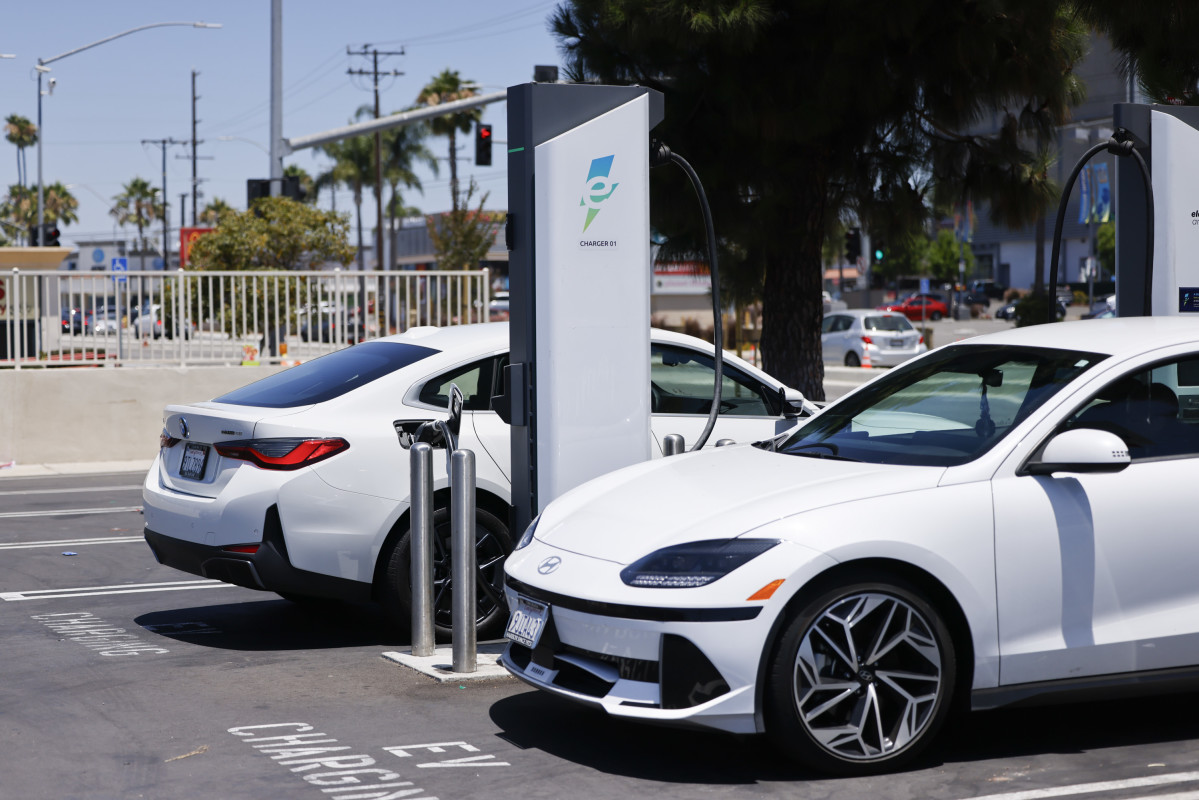Ford and GM are working with their dealer networks to introduce programs that would essentially extend consumers a $7,500 credit instead of the now-dead $7,500 federal tax credit for EV buyers. On September 30, the federal EV tax credit expired under a new Trump administration decree, upending the subsidy, which has existed for electric vehicle buyers in one form or another for more than 15 years.
Ford And GM Found A Way To Keep EV "Tax Credits" Alive

Both have rolled out programs to retailers under which Ford or GM's financing arm would initiate the purchase of EVs already in dealer inventory by making down payments on them, which would in turn qualify the automaker's financing arms for the federal $7,500 tax credit on those vehicles. After the initial down payment, dealers will then offer leases on these cars to buyers as usual, with the $7,500 tax credit factored into their lease terms, says Reuters. In a statement, GM told the outlet it "worked with our GM dealers on an extended offer for customers to benefit from the tax credit for leases." Ford will offer "competitive" lease payments through Ford Credit until December 31.
Ending Tax Credits To Promote A Fair Market Creates The Opposite

Getty Images
President Trump's justification for upending the incentives is in the name of a free and fair market. The hallmark, he insists, of a healthy capitalist economy. However, the President has mistaken equality for equity. Without subsidies, buyers won't branch out. Automakers predict slow EV demand as the tax credit ends, largely because consumers would rather stick to what they know. Unfamiliarity with electrified vehicles leads to an uneven floor in the auto industry, and one that subsidies helped to level out. It isn't clear if other automakers plan to offer some form of incentive for EVs yet, but at least one state has a plan to offer incentives of its own.


